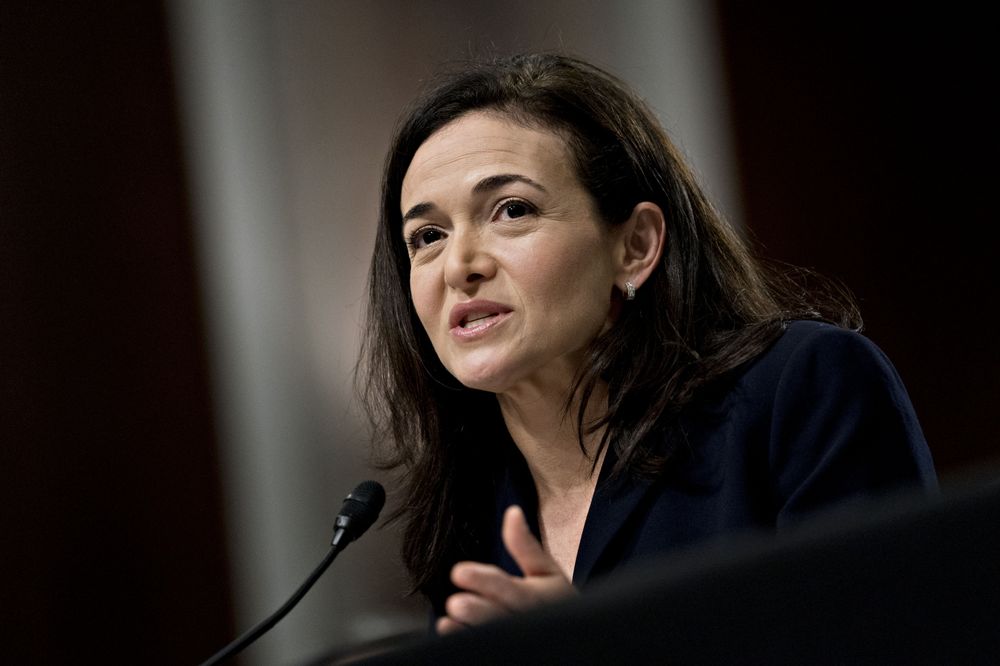
The word “leadership” evokes different images, both concrete and abstract. On one hand, leaders can be managers and decision-makers, but new perspectives posit that leadership is almost a supernatural power. Sheryl Sandberg is one of the most lauded contemporaries on the subject, thanks in part to her bold approach to spreading inspiration for women everywhere.
Before she was a best-selling author and renowned TED speaker, Sandberg led the revenue viability and growth at Google at a time when online ads were in their infancy. By the time she reached her summit with that company, she was already being pursued by Mark Zuckerberg to bring order and profitability to Facebook, where she serves as Chief Operating Officer to this day. But she found public fame with her book Lean In: Women, Work, and the Will to Lead, published in 2013, and the ensuing conversations and controversies solidified her as a leading voice in the movement for workplace equality.
She traces much of her education on transformational leadership to her time at Harvard University, where she received a bachelor’s degree in economics and an MBA with highest distinction from Harvard Business School. During her time at the school, she co-founded the organization Women in Economics and Government, a formative experience that would heavily inform her future roles in leadership. She also studied under and conducted research with Larry Summers, then an economics professor and future U.S. Treasury Secretary, who hired her later when he exited Harvard for a role at the World Bank. While working for Summers, she imposed organization and workflow for her former thesis advisor — a daunting task for most mentees. The experience gave her the confidence to assert herself as a leader during her time at both of the Big Tech companies she has helped to transform.
At HBS, Sandberg learned a broader interpretation of leadership beyond management. It meant accountability for making others in the organization better, to have influence that flows across executive positions as much as it flows downward to the rest of the workforce. Now, she spreads those messages and more to women everywhere, in an effort to dissuade them from settling on the status quo. She backs up her professional leadership outside of the boardroom as well, publicly supporting women’s rights to healthcare access and other progressive issues. After the passing of her husband, Dave Goldberg, she founded a charity in his name that aims to advance her causes of resilience and equality as she continues the conversations around these topics.
